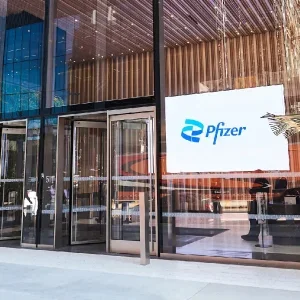Genentech, a Roche Group company, has unveiled data from the Phase II NOBILITY trial that evaluated safety and efficacy of Gazyva (obinutuzumab) for adults with proliferative lupus nephritis.
The NOBILITY study has reached the primary endpoint with Gazyva, combined with standard of care (mycophenolate mofetil or mycophenolic acid and corticosteroids) demonstrating superiority, compared to the combination of placebo and standard of care.
Genentech global product development head and chief medical officer Levi Garraway said: “We are very encouraged by the positive results from the NOBILITY study, which suggest that Gazyva may provide a clinically meaningful benefit for adults with proliferative lupus nephritis; a condition for which there is a strong need for more effective and targeted treatment options.
“These results support the continued development of Gazyva for people with lupus nephritis and underscore our longstanding commitment to pursue new treatment options that may benefit the lupus community.”
Genentech intends to initiate the Phase III study of Gazyva in 2020
Lupus nephritis is a severe and possibly mortal manifestation of systemic lupus erythematosus due to inflammation of the kidneys. Nephritis with proliferative lupus is considered the most severe form and is associated with high-risk of end-stage renal disease and death.
Gazyva is a monoclonal antibody designed to attach to CD20, a protein that can be observed only on specific types of B-cells, to attack targeted cells both directly and along with the immune system.
Genentech and Biogen have partnered to conduct combination studies and investigate Gazyva with other approved or investigational medicines, including cancer immunotherapies and small molecule inhibitors.
The company said that in September 2019, it has secured the US Food and Drug Administration (FDA) has granted Breakthrough Therapy Designation for Gazyva to treat lupus nephritis in adults.
In addition, the breakthrough therapy designation is based on the data from the Phase II NOBILITY clinical study, which enrolled 125 people, who were randomized to receive Gazyva or placebo infusions.
The proportion of participants who achieved a protocol-defined complete renal response (CRR) at 52 weeks is the primary endpoint, while the overall renal responses and serologic markers of disease activity, compared to placebo include the secondary endpoint.






